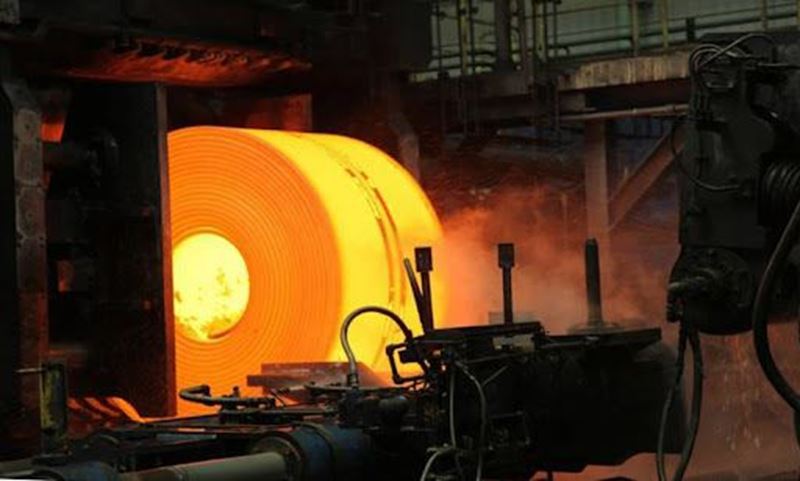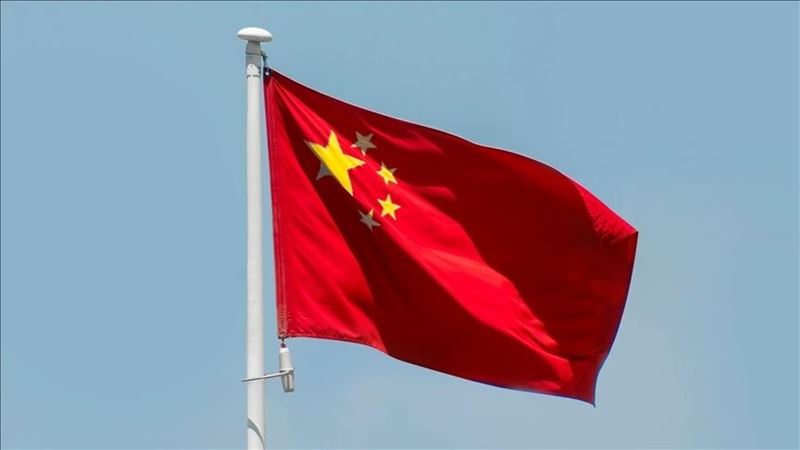Turkish Steel Producers Association (TÇÜD) announced steel production, consumption and foreign trade data for February 2025. Accordingly, Türkiye''s crude steel production decreased by 5.6% y/y to 2.9 million tons in February 2025. In the first two months of the year, production decreased by 3.7% to 6.1 million tons.
In the same month, finished product consumption reached 3.4 million tons, an increase of 18.6% compared to February 2024. In the first two months of the year, finished product consumption increased by 9.8% to 7.0 million tons.
Exports increased by 11.8% in the first two months of the year
In February 2025, compared to the same month of 2024, exports of steel products increased by 3.2% in quantity to 1.2 million tons and decreased by 6.4% in value to USD 790.1 million.
In the first two months of the year, exports of steel products increased by 11.8% to 2.3 million tons in quantity and by 2.8% to USD 1.5 billion in value compared to the same period of 2024.
21.6% increase in imports
During the month in question, imports of steel products increased by 17.6% y/y to 1.3 million tons in quantity and by 3.8% y/y to USD 940.1 million in value.
In the first two months of the year, imports of steel products increased by 21.6% to 3.1 million tons in quantity and 7.8% to USD 2.1 billion in value compared to the same period of 2024.
Foreign Trade Balance
In the first two months of 2025, the ratio of exports to imports decreased to 72.6% from 76.2% in the same period of the previous year.
According to data released by the World Steel Association for February 2025, world crude steel production decreased by 3.4% y/y to 144.7 million tons and by 2.2% y/y to 302.0 million tons in January-February 2025.
In the first two months of 2025, China's crude steel production amounted to 166.3 million tons, a decrease of 1.5% compared to the same period last year. India's crude steel production, which ranked second, increased by 6.8% to 26.4 million tons, while Japan's production decreased by 7.5% to 13.2 million tons.
“The deficit in our steel foreign trade with Far Eastern countries has widened”
TÇÜD Secretary General Veysel Yayan, whose views were included in the statement declared “In the first two months of 2025, Türkiye produced 6.1 million tons of crude steel with a decrease of 3.7%, surpassing Germany, whose steel production decreased by 13.1% to 5.4 million tons, and reached 7th place. Türkiye was followed by Brazil, whose production increased by 1% to 5.5 million tons. Türkiye's finished product consumption increased by 9.8% to 7.0 million tons in the first two months of the year, surpassing the highest level reached in the same period of 2024.
Exports to the US decreased by 80.6% to 14.7 thousand tons in the first two months of the year. The loss in our exports to the Far East/South Asia region deepened exponentially, decreasing by 37.6% to 20.5 thousand tons. Imports from the countries in this region increased by 28.5% to 1.6 million tons, widening the deficit in our steel foreign trade with Far Eastern countries. On the other hand, it was noteworthy that our imports from the CIS region, which decreased by 19% in 2024, increased by 117% to 778 thousand tons in the first month of the year. In the first month of the year, with the slowdown in the increase in exports of semi- and long products and the increase in imports of the same products, the ratio of exports to imports decreased from 76.2% to 72.6%.”
“It will make it difficult to compensate for the losses in our exports to the EU market”
Yayan stated that the gradual rise of protectionism walls in the world shows that global trade is increasingly regionalized and added, “Following President Trump's decision to increase tariffs, the EU, which is our largest trading partner and has a Free Trade Agreement and Customs Union agreement between us, has decided to increase tariffs on the grounds that the decision taken by the US will lead to trade diversion, The decision to limit the quotas allocated to many countries and our country will put pressure on our exports to the region until the end of the safeguard measures on June 30, 2026 and will make it difficult to compensate for the losses in our exports to the EU market. Considering the aforementioned potential in consumption and the increasing protectionism measures, it is considered vital for the sustainability of our sector that trade policy measures similar to the measures taken by the EU and the US are put into effect and the increase in domestic consumption is met through domestic supply.”.









Comments
No comment yet.